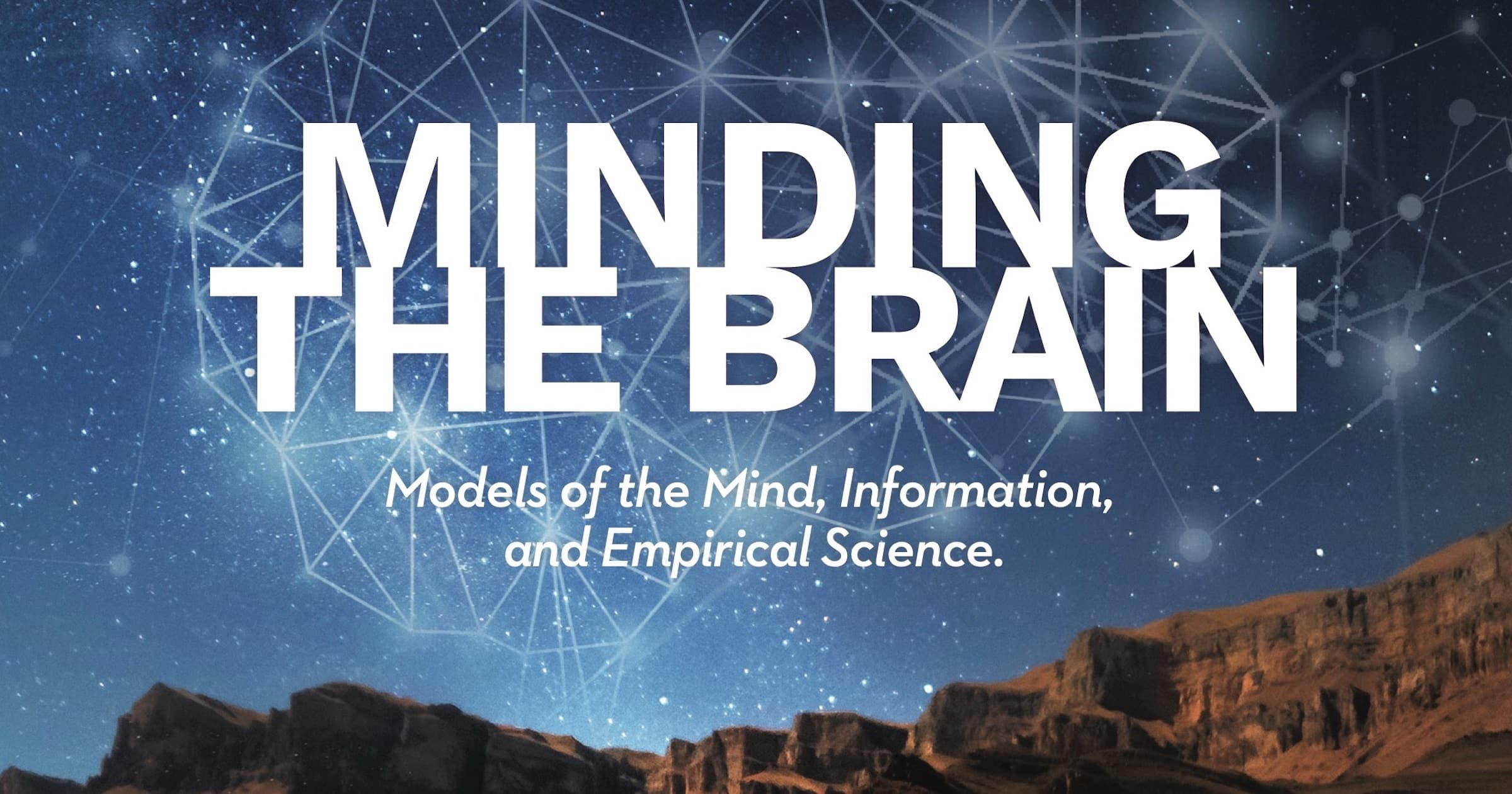 Intelligent Design
Intelligent Design
 Neuroscience & Mind
Neuroscience & Mind
Minding the Brain — An Introduction

Editor’s note: We are delighted to welcome the new book from Discovery Institute Press, Minding the Brain: Models of the Mind, Information, and Empirical Science, edited by Angus J. Menuge, Brian R. Krouse, and Robert J. Marks. Below is an excerpt from the Introduction. Look for more information at MindingtheBrain.org.
Is your mind the same thing as your brain? Or are there aspects of mind that are external to the biology of the brain? This question, referred to as the mind-body problem or the mind-brain problem, has been debated for centuries and has captivated curious minds since the dawn of human contemplation. What is the relationship between our mental life and physical body? Intuition suggests our subjective experience of the world is tightly bound up with our physical bodies. Exactly what kind of beings are we, with both a personal mental life and a corporeal nature, somehow all wrapped up in one?
Fresh insights into the mind-brain debate are the subject of this anthology. Analysis is presented from a spectrum of expertise including psychology, neurology, philosophy, computer science, and neurosurgery. Although there are differences in details, all agree there is evidence that the mind is, indeed, more than the brain.
Technological Wonders
In our modern age, full of science and technology, physical existence often appears to be the most substantial and “real” aspect of the world. After all, the technology that permeates our lives has been made possible by humanity’s progress in understanding and manipulating the material world, including our own bodies (and brains). In light of these technological wonders, it may seem plausible to assume that physical existence constitutes the most fundamental layer of reality, and everything else, including our mental lives, is built upon that foundation.
Yet we often take our mental lives for granted. Upon reflection, however, we recognize they possess unique characteristics that do not align well with a materialist framework. These include the inherent subjectivity of our sensory experiences (i.e., pain cannot be ownerless — it must belong to someone), our ability to employ abstract logic and mathematics to explain the workings of the natural world, our capacity to envision a future state and then actualize it in reality, and — perhaps the most distinctive feature — the sense of being a consistent entity, an “I” that persists over time, at the center of our mental activities. It is challenging to comprehend how an arrangement of impersonal matter could give rise to an agent with these distinctively mental attributes.
More Immediate than the External World
Delving deeper, we realize that these facets of our mental life are actually more immediate and tangible to us than the external world. Our perception of the world is entirely mediated through our senses. Moreover, the practice of science itself is reliant on our mental capability to employ abstract logic and mathematics. Similarly, the engineering of technology hinges on our mental ability to design solutions to problems and manifest those solutions in the physical world.
Considering that our mental lives possess attributes that are not evidently rooted in physicality, and in fact hold a more immediate place in our lives than the physical world, could it be that our initial assumption — that the physical world is the most fundamental or the most “real” aspect of existence — is incorrect?
Nevertheless, our bodies certainly seem to belong to the physical world. This raises the question: how can we be both mental agents and possess a physical body that occupies time and space? How can two such vastly distinct aspects coexist within a single entity?

A Problem from Diverse Perspectives
This anthology brings together 23 scholars and 25 chapters (three of the chapters online only) to explore the mind-body (or mind-brain) problem from diverse perspectives. The target audience of this anthology is academic but multi-disciplinary. Both philosophy and various scientific fields have a lot to contribute to this topic. Unfortunately, technical jargon often creates a barrier to understanding for those outside a specific field. For instance, many neuroscientists may struggle to comprehend a contemporary philosophy of mind journal, and the reverse is also true. In order to reach a broad academic audience, the authors featured in this anthology strive to present cutting-edge philosophical and scientific ideas in an accessible manner. Ideally, by minimizing jargon and providing clear definitions for key terms, the chapters can be understood by non-specialists in the respective fields, enabling valuable interdisciplinary dialogue on this fascinating topic.
The organization of this volume loosely groups chapters written by philosophers in the first two units and those penned by scientists in the last two. Generally speaking, the editors have observed that philosophers tend to tread lightly when discussing scientific matters, while scientists often show the same caution regarding philosophical matters. This is perhaps not surprising, given the extensive scholarship involved in each field and the necessity for academics to specialize in order to develop depth and rigor. However, the editors firmly believe that robust engagement with the topic at hand requires a fusion of astute philosophical thinking and meticulous empirical analysis. In line with this belief, the editors have strongly encouraged the contributing philosophers to consider how their work might be constrained by recent scientific findings, or motivate certain scientific practices or hypotheses. Similarly, they have urged the scientists to reflect on the philosophical presuppositions and implications of their research.
The diversity of viewpoints in the philosophy of mind is vast, necessitating a focused approach in a volume like this — especially when considering the interplay of scientific findings with philosophical perspectives. This volume specifically develops a certain subset of non-materialist philosophical frameworks for reasons that are succinctly summarized below and elaborated in detail in Unit 1. In short, our philosophical exploration (in Unit 2) prioritizes several forms of dualism and idealism.
Units 3 and 4 invite authors to discuss scientific findings from various disciplines relevant to the mind-body debate. Unit 3 includes chapters on neuroscience, psychology, social psychology, and near-death experiences. Unit 4 groups chapters on information theory, quantum theory, computer science, and mathematics.
To Aggregate and Showcase
The intent of this volume is not to advocate for a particular approach to the mind-body problem across all of these academic disciplines. Indeed, the featured authors do not all concur on all points, and neither the editors nor the publisher endorse every aspect of every chapter. Rather, the objective is to aggregate and showcase a broad spectrum of non-materialist perspectives and insights on the mind-body issue, drawing from a range of disciplines, both philosophical and scientific. The editors hope that these diverse contributions will inspire future interdisciplinary scholarship in a similar spirit.
